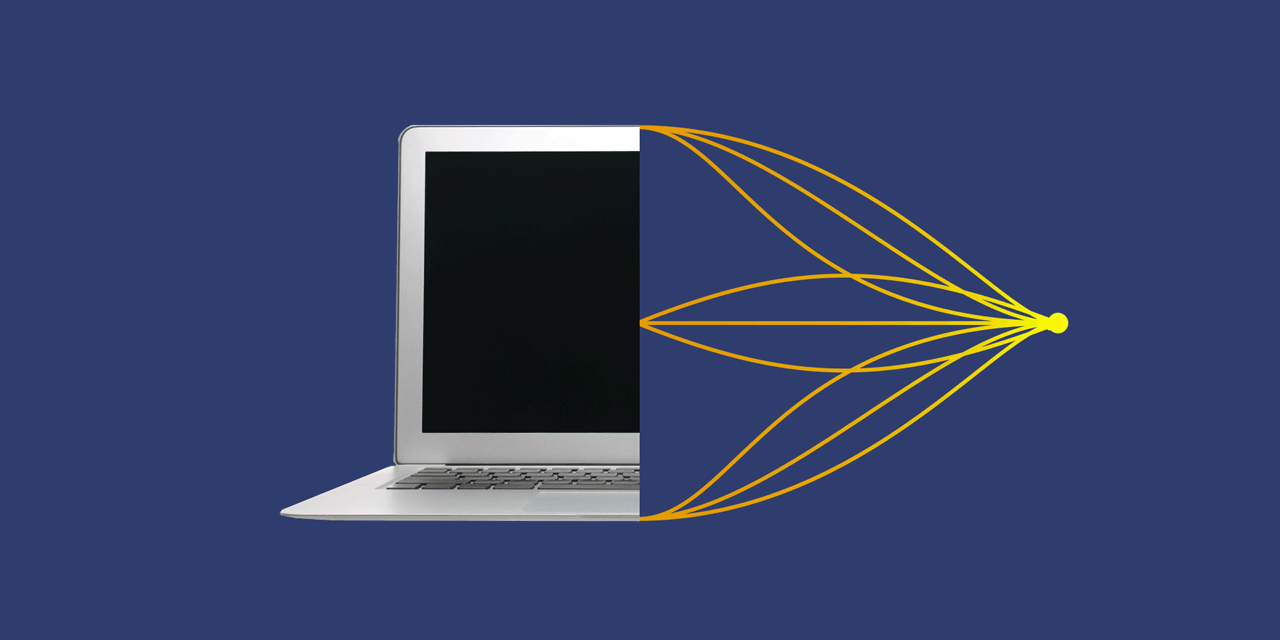Quantum Computing

Quantum Computing
Quantum computing harnesses the principles of quantum mechanics, such as superposition and entanglement, to perform calculations at speeds and efficiencies far beyond the capabilities of traditional computers. Unlike classical computers that use binary bits (0s and 1s), quantum computers use quantum bits, or qubits, which can exist in multiple states simultaneously.
While classical computers process information using binary bits, represented as 0s and 1s, quantum computers use quantum bits, or qubits. Qubits have the unique ability to exist in multiple states simultaneously, a phenomenon known as superposition. This allows quantum computers to perform vast numbers of calculations at the same time, opening up possibilities for solving complex problems that are beyond the reach of even the most powerful classical supercomputers. One of the most fascinating features of quantum computing is entanglement, where qubits become interconnected in such a way that the enhance the probability of arriving at correct solutions while minimizing errors,paradigm for specific computational tasks. The potential applications of quantum computing are vast and transformative. In cryptography, quantum computers could revolutionize data security by breaking traditional encryption methods while also enabling the development of virtually unbreakable quantum encryption Despite its immense promise, quantum computing is still in its nascent stages, with significant challenges to overcome, such as qubit stability, error correction, and scalability. However, as advancements in quantum hardware, algorithms, and technologies continue, the potential for quantum computing to revolutionize industries and solve some of humanity’s most complex problems grows closer to realization. With its unparalleled computational power, quantum computing represents a profound shift in how we approach and solve the challenges of the future.